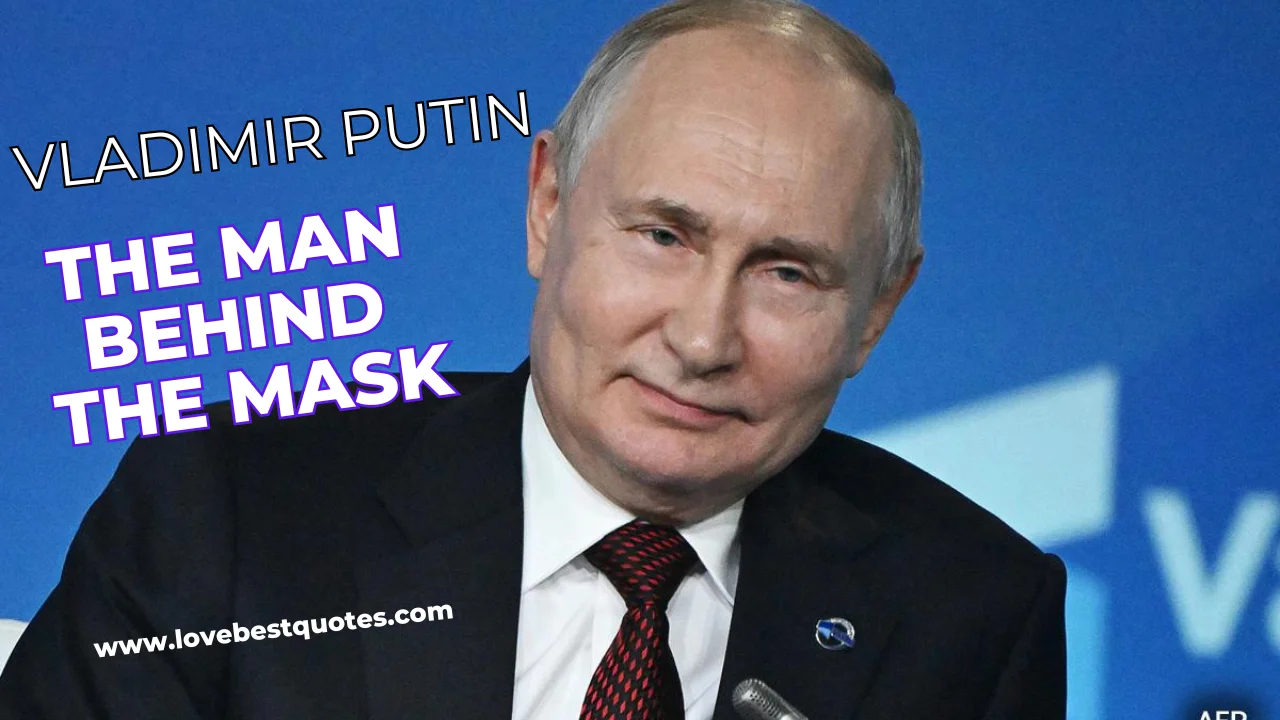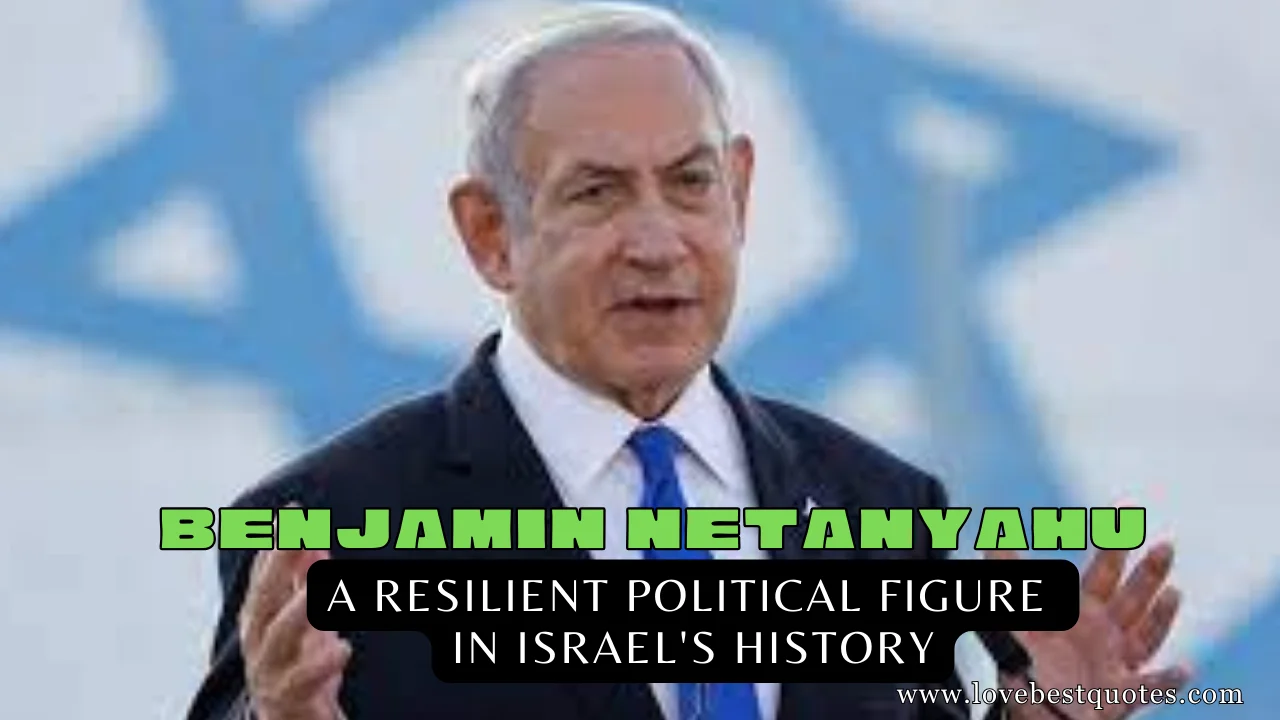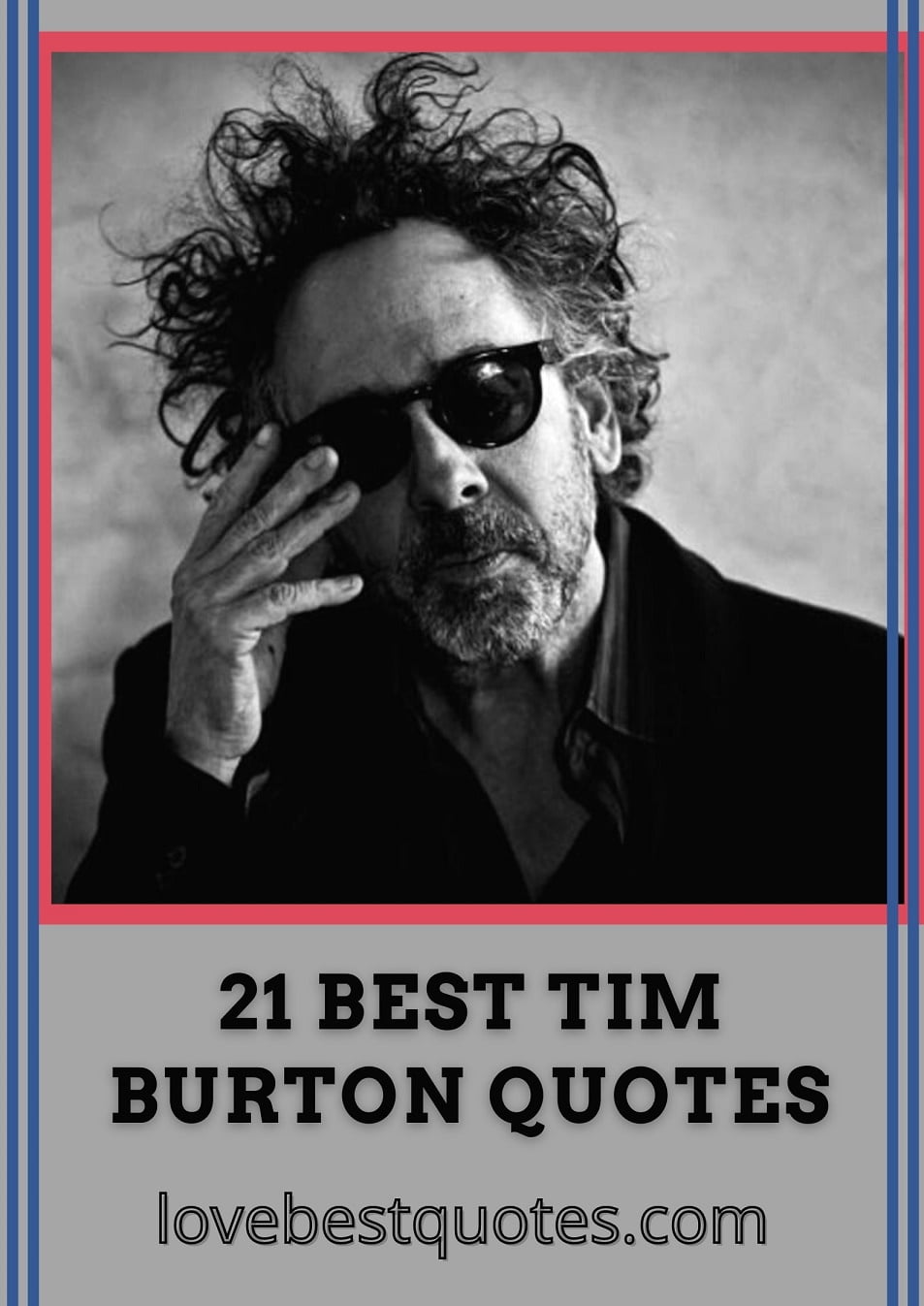Vladimir Putin is a Russian politician and former intelligence officer who has been President of Russia since 2012. Putin has held continuous positions as president or prime minister since 1999: as prime minister from 1999 to 2000 and from 2008 to 2012, and as president from 2000 to 2008 and since 2012. He is a name echoing through the corridors of Russian leadership and has etched a significant mark on the global political stage during his prolonged presidency. This article aims to unravel the layers of his multifaceted persona, providing an in-depth analysis that transcends the superficial, offering a nuanced understanding of his life, career, leadership style, controversies, and the profound impact he has had on both Russia and the world.
This article delves into the intricacies of Putin’s role as the President of Russia, exploring the far-reaching effects of his policies, leadership style, and the controversies that have punctuated his tenure.
Early Life and Formative Years
Putin was born in Leningrad, Soviet Union, on October 7, 1952. He studied law at Leningrad State University and joined the KGB, the Soviet Union’s intelligence agency, in 1975. He rose through the ranks of the KGB and served as deputy director of the KGB’s foreign intelligence directorate from 1990 to 1991.
Political Ascendancy: The Yeltsin Era
Putin’s entry into mainstream politics occurred under the presidency of Boris Yeltsin. Scrutinizing the pivotal moments that propelled him into the limelight, including his appointment as prime minister. This section sets the stage for the Putin era.
Chairman FSB (earlier KGB)
After the collapse of the Soviet Union in 1991, Putin entered politics. He served as deputy mayor of St. Petersburg from 1991 to 1996 and as chairman of the Federal Security Service (FSB), the successor to the KGB, from 1999 to 2000.
President of Russia
In 1999, Putin was appointed prime minister by President Boris Yeltsin. He became acting president after Yeltsin resigned on December 31, 1999, and won the 2000 presidential election. Putin was re-elected in 2004 and 2012.
Putin’s Leadership Style
Distinct and often described as assertive, Putin’s leadership style is examined in this section, providing insights into the decision-making processes that have defined his presidency.
Authoritarian Style of Government
Putin’s presidency is alleged to have been marked by a return to a more authoritarian style of government in Russia. He has cracked down on dissent, restricted media freedom, and consolidated power in the presidency. Putin has also pursued a more assertive foreign policy, including the annexation of Crimea from Ukraine in 2014. If this is so then what about China?
Domestic Policies and Reforms
Putin’s domestic policies have focused on economic growth, social stability, and national security. He has overseen a period of economic growth in Russia, but his policies have also been criticized for their cronyism and corruption. Putin has also taken steps to strengthen the Russian military and to crack down on dissent.
Vladimir Putin’s Achievements in Russia
Vladimir Putin’s presidency in Russia has been marked by several key achievements. Here are some of the most notable:
Economic Growth
During Putin’s first two terms (2000-2008), the Russian economy experienced significant growth, largely due to rising oil and gas prices. GDP grew by an average of 7% annually, and poverty rates declined significantly.
Military Modernization
Putin has overseen a significant modernization of the Russian military, investing heavily in new weapons and equipment. This has led to a more capable and assertive military, which has been deployed in interventions in Georgia, Ukraine, and Syria.
Increased Stability
After the chaos and instability of the 1990s, Putin is credited with restoring stability and order to Russia. He has cracked down on crime and corruption and has consolidated power in the presidency.
Restored Russia’s standing on the world stage
Putin has taken a more assertive foreign policy than his predecessors, challenging the United States and its allies on several fronts. He has also sought to strengthen Russia’s ties with other countries, such as China and India.
Other achievements
Putin has also overseen many other achievements, such as the construction of new infrastructure, the improvement of education and healthcare, and the hosting of the 2014 Winter Olympics in Sochi.
Overall, Putin has presided over economic growth, increased stability, and restored Russia’s standing on the world stage.
Foreign Policy and Relations
Putin has pursued a more assertive foreign policy than his predecessors. He has restored Russia’s influence in the former Soviet Union and has taken a more confrontational approach to the United States and its allies. Putin’s foreign policy has been marked by a series of crises, including the annexation of Crimea, the conflict in eastern Ukraine, and the poisoning of former Russian spy Sergei Skripal in the United Kingdom.
Vladimir Putin’s Achievements on the Global Stage
Vladimir Putin has undoubtedly been a major player on the global stage throughout his presidency. His actions have had significant impacts on world affairs, and his legacy will be debated for years to come. Here are some of his most notable achievements on the international scene:
Restoring Russia’s Great Power Status:
One of Putin’s most significant achievements has been restoring Russia’s image as a major power after the collapse of the Soviet Union. Through assertive foreign policy and military modernization, he has projected Russia as a force to be reckoned with on the global stage. Some examples are :-
- Annexation of Crimea in 2014, showcasing Russia’s willingness to act decisively on its interests.
- Intervention in the Syrian Civil War, shifting the balance of power in the region.
- Increased military spending and modernization, making Russia a more formidable military power.
- Hosting major international events like the G20 summit, showcasing Russia’s economic and technological prowess.
Challenging US Hegemony
Putin has consistently challenged US dominance in international affairs, creating a multipolar world order. He has established alliances with other countries, particularly China, to counter US influence. Some notable actions taken in this regard are :-
- Formation of BRICS (Brazil, Russia, India, China, and South Africa) as a counterweight to Western-led institutions like the G7.
- Strong support for anti-Western governments like Cuba and Venezuela.
- Actively contesting US policies in the Middle East and Eastern Europe.
Brokering International Deals
Despite tensions with the West, Putin has played a crucial role in mediating international conflicts and securing diplomatic agreements like;-
- Minsk Agreements aimed at resolving the Ukraine conflict.
- Iran nuclear deal, limiting Iran’s nuclear program.
- Astana Accords, contributing to peace in Syria.
Promoting Russian Soft Power
Putin has invested heavily in promoting Russian culture and values globally, attempting to shape global narratives and gain influence. Some examples are :-
- Establishing Russia Today (RT), a global media network broadcasting Russian perspectives.
- Sponsoring international cultural events and festivals.
- Investing in education programs and language exchanges.
Strengthening Russia’s Economic Influence
Putin has sought to expand and diversify Russia’s economic ties, reducing dependence on the West and forging new alliances like :-
- Building strategic partnerships with China and other Asian countries.
- Establishing alternative financial institutions like the Eurasian Development Bank.
- Expanding energy exports to new markets.
Overall, Vladimir Putin’s achievements on the global stage are significant and multifaceted. He has undoubtedly restored Russia’s power and influence, challenged US dominance, and played a key role in international affairs. However, his methods and policies have also attracted criticism and contributed to rising tensions in various regions.
Challenges Faced by Vladimir Putin
No presidency is without challenges. Despite his achievements, Vladimir Putin faces several significant challenges, both domestically and internationally:
Domestic Challenges
Economic Stagnation
While Putin oversaw initial economic growth, the Russian economy is now facing stagnation, hampered by low oil prices, sanctions, and corruption. This hinders his ability to maintain social programs and improve living standards.
Demographic Decline
Russia’s population is shrinking and aging rapidly, leading to labor shortages and placing strain on social services. This challenges Putin’s ambition to restore Russia’s power and prestige.
Political Repression and Lack of Democracy
Putin’s increasingly authoritarian rule has stifled dissent and led to accusations of rigged elections and human rights abuses. This has alienated segments of the population and eroded his legitimacy in the eyes of the international community.
Corruption and Cronyism
Despite his anti-corruption rhetoric, Putin’s government has been plagued by corruption and cronyism, undermining public trust and hindering economic development.
Social Inequality
While a small group of oligarchs have amassed vast wealth under Putin, the average Russian has seen little improvement in their living standards. This economic disparity can fuel social unrest and instability.
International Challenges
Tensions with the West
Putin’s assertive foreign policy and annexation of Crimea have led to strained relations with the West, resulting in sanctions and diplomatic isolation. This hinders economic cooperation and limits his ability to project Russian influence globally.
Regional Conflicts
Russia’s involvement in the Ukraine conflict and its support for authoritarian regimes in the Middle East create instability and generate international condemnation. This damages Russia’s reputation and complicates its foreign policy goals.
Competition from China
China’s growing economic and military power poses a significant challenge to Russia’s position as a major power. Putin needs to find ways to maintain Russia’s relevance in an increasingly multipolar world.
Cybersecurity Threats
Russia has been accused of conducting cyberattacks against other countries, raising concerns about its intentions and potentially escalating international tensions.
Internal Conflicts
Unrest in Russia’s Caucasus region and the potential for instability in other parts of the country continue to challenge Putin’s ability to maintain control and stability within his borders.
These challenges are complex and interconnected, and they will continue to shape Putin’s presidency and Russia’s future. How he navigates these challenges will have a significant impact on both Russia’s domestic landscape and its role in the world.
Putin’s International Relations: A Diplomatic Chessboard
Diplomacy plays a pivotal role in global politics, and Putin’s assertive approach is explored in this segment. Analyzing his interactions with world leaders and his stance on critical issues such as Syria and Ukraine provides insights into Russia’s assertive foreign policy.
Putin is a controversial figure in international politics. He is admired by some for his strong leadership and his commitment to Russian interests. However, he is also criticized by others for his authoritarian style of government and his aggressive foreign policy.
Legacy and Future Implications
Vladimir Putin’s legacy will be a subject of debate for years to come. Some will remember him as a strong leader who restored Russia to its former glory, while others will see him as a dictator who suppressed dissent and led the country down a dangerous path.
Restoration of Stability
After the chaos and instability of the 1990s, Putin brought stability and order to Russia. He stabilized the economy, strengthened the military, and consolidated his control over the country.
Increased Global Standing
Putin restored Russia’s international standing and made it a major player on the world stage. He took a more assertive stance in international affairs and challenged the dominance of the United States and its allies.
Modernization Efforts
Putin oversaw a period of modernization in Russia, investing in infrastructure, education, and technology. This helped to improve the country’s economic competitiveness and quality of life.
Nationalist Pride
Putin promoted a strong sense of national pride among Russians. He emphasized traditional values, celebrated Russia’s history and culture, and portrayed Russia as a defender of traditional values against Western decadence.
To WrapUp
Vladimir Putin’s challenges and criticisms are complex and multifaceted. While he has enjoyed considerable support from the Russian people, his domestic policies and international actions have attracted growing criticism and condemnation. It remains to be seen how Putin will navigate these challenges and whether he will be able to maintain his grip on power in the long term. There are many other issues that could be discussed, and the situation in Russia is constantly evolving. It is important to stay informed and to consider a variety of sources when forming your own opinion about
Recommended Readings
Narendra Modi : A Global Leader Shaping the Future
FAQ
Most frequent questions and answers
Vladimir Putin has been in office as either President or Prime Minister of Russia since 1999. It is expected that he will continue for quite some time.
Notable economic reforms include tax reforms, privatization efforts, and initiatives to diversify the economy.
Yes, Putin has faced opposition both domestically and internationally, with criticisms ranging from political crackdowns to human rights concerns. However, my personal honest opinion is that Russia needs a strong leader like Mr
Vladimir Putin’s foreign policy has shaped Russia’s global standing, with assertive moves in regions like Ukraine and Crimea impacting it’s diplomatic relations with few countries.
Putin’s presidency has brought about both positive and negative changes for Russian citizens, influencing areas such as social policies, economic conditions, and political stability.
Recent Posts
- India Transformed: A Deep Dive into Narendra Modi’s Impactful Premiership
- The Essence of Sanatan Dharma: A Spiritual Odyssey
- The Maverick of Tinseltown: Clint Eastwood’s Everlasting Influence in Hollywood
- The Man Behind the Mask: A Psychological Portrait of Vladimir Putin
- Bible Verses: The Ultimate Life Hacks




















